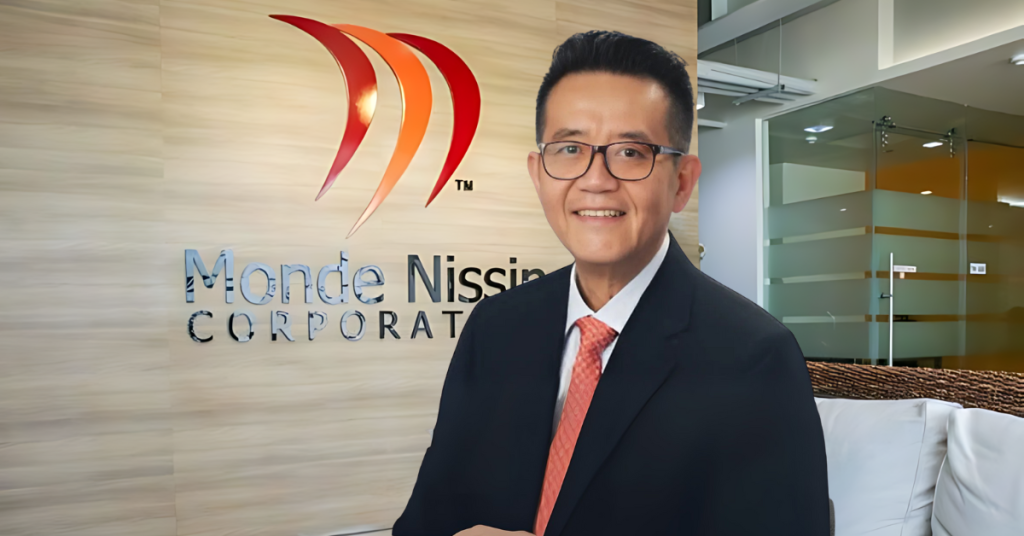When Henry Soesanto landed in the Philippines in March 1981, he was 29 years old, didn’t speak the local language, and had no prior business experience in the country. Four decades later, he’s at the helm of Monde Nissin Corporation, one of the Philippines’ largest food companies.
“I’m more Filipino now than Indonesian,” Soesanto says with quiet pride. “I’ve been living here for over 40 years. This is home.”
Born and raised in Indonesia, Soesanto spoke only Indonesian growing up. “When I left Indonesia more than 40 years ago, I didn’t speak Hokkien,” he says. “Our country was very focused on using the national language, so that was all I knew.” But moving to the Philippines for business meant he had to adapt quickly—especially in a Chinese-Filipino business environment where Hokkien was widely spoken.
“If you are in business, you have to speak the language,” he says. “And I can speak English also, so that helped. But in business, you only need one language—communication.”
By the time he arrived in Manila, the company that would become Monde Nissin had already been incorporated. “The company was established in 1979,” he recalls. “I came in March 1981, a few months after operations began.”
While the media often credits Betty Ang—a familiar name on Forbes lists—as the founder, Soesanto gently sets the record straight. “Betty is one of the incorporators, but the actual founder was our father-in-law,” he explains. “I married one of the daughters, and Betty married one of the sons. It was a family venture.”
According to Soesanto, the family patriarch had been running businesses for decades before Monde Nissin entered the Philippine market. “He was a typical first-generation Chinese entrepreneur—he only finished elementary school but was very hardworking,” he says. “Before the Philippines, he had already started businesses in Indonesia, Taiwan, and China in the 1970s.”
So why did the family decide to enter the Philippine market? It was personal. “He came here because one of his daughters married in the Philippines,” Soesanto says. “He probably saw potential here because of that connection. That’s how the company started locally.”
From the start, Soesanto wasn’t just brought in as a family member—he was entrusted to help shape the operations and direction of the business. Even though he had no formal background in food manufacturing or local industry dynamics, he learned everything from the ground up.
“When I came here, I didn’t know much,” he says. “I had to learn the language, the culture, and how to run a business here. It wasn’t easy, but I learned by doing.”
Over time, he became a steady force in the company’s leadership. When his father-in-law passed away more than ten years ago, Soesanto took on more responsibility, eventually becoming CEO.
Today, Monde Nissin has grown into a major food conglomerate, responsible for some of the most recognizable food brands in the country and beyond. And while that growth deserves a chapter of its own, the foundation of the company is rooted in a story of family, migration, and quietly building something from nothing.
“Everything I’ve done here, I learned on the job,” Soesanto reflects. “What I didn’t know, I figured out along the way.”
From a foreign newcomer in 1981 to the CEO of a billion-peso enterprise, Henry Soesanto’s story proves that leadership isn’t always loud—it’s consistent, humble, and deeply committed to the long game.
This story is based on an interview originally conducted for Esquire by Henry Ong. Some quotes in this article may not have been published previously.
![]()



